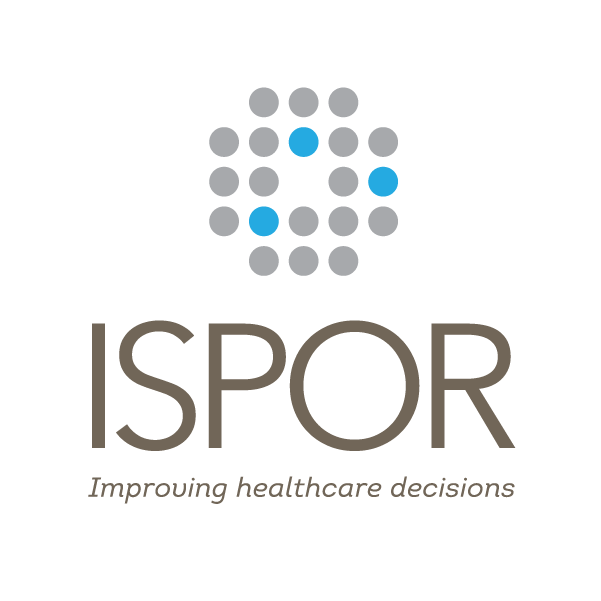Newswise — Princeton, NJ—November 4, 2015—The International Society for Pharmacoeconomics and Outcomes Research (ISPOR) published a new Task Force Report, “Clinical Outcome Assessments (COAs): A Conceptual Foundation – Report of the ISPOR Clinical Outcomes Assessment Emerging Good Practices Task Force,” in the September/October 2015 issue (Volume 18, Issue 6) of Value in Health.
Clinical trials are an essential part of testing whether a new medical treatment is safe and effective. A clinical outcome assessment (COA) is used in a clinical trial to measure patients’ symptoms, overall mental state, or physical function related to the effects of a disease or condition. COAs are of increasing interest to health care stakeholders working toward a more patient-centric approach to drug development.
A COA is the best way to determine if and how a medical treatment in a clinical trial is affecting patient functioning and feeling, i.e. patient outcomes. Additionally, COAs are the patient outcomes in study endpoints that the US Food and Drug Administration (FDA) considers when determining a medical product’s drug labeling information. “This Report provides a basic understanding of COA measurement principles,” stated co-author, John H. Powers, III, MD, FACP, FIDSA, associate clinical professor of medicine, George Washington University School of Medicine. “The Task Force Report covers important COA fundamentals, including terminology, what demonstrates a beneficial effect, how patient assessments relate to the objective of showing a treatment’s benefit, and how these assessments are used in clinical trial endpoints.”
Lead author, Marc K. Walton MD, PhD, senior scientific director, Janssen Research and Development and former associate director for Translational Medicine, Office of Translational Sciences, CDER, Food and Drug Administration (FDA), added “This new ISPOR COA Task Force Report is important because it provides recommendations for the multiple stakeholders involved in drug development research and medical product evaluation. It is also timely as the FDA and European Medicines Agency (EMA) are both looking at better ways to measure patient outcomes in clinical trials, including the review and qualification of COAs.”
This is the ninth ISPOR Task Force Report based on the US FDA Guidance for Industry Patient-Reported Outcome Measures: Use in Medical Product Development to Support Labeling Claims. ISPOR Clinical Outcomes Assessment (PRO, ClinRO, ObsRO, PerfO) Methodology Task Force Reports can be viewed on the ISPOR Good Practices for Outcomes Research Index webpage at http://www.ispor.org/workpaper/practices_index.asp. ISPOR Task Force Reports in development include Clinician Reported Outcomes and Measurement of COAs Used in Rare Disease Clinical Trials.
The full article may be found at http://www.ispor.org/task-force-report_clinical_outcome-assessment.pdf. Additional information on the ISPOR Clinical Outcomes Assessment – Emerging Good Practices Task Force may be found at http://www.ispor.org/taskForces/Clinical-Outcomes-Assessment.asp.
###
ABOUT ISPORThe International Society for Pharmacoeconomics and Outcomes Research (ISPOR) is a nonprofit, international, educational and scientific organization that promotes health economics and outcomes research excellence to improve decision making for health globally. Web: www.ISPOR.org | LinkedIn: http://bit.ly/ISPOR-IN | Twitter: http://bit.ly/ISPOR-T (@ISPORorg) | YouTube: http://bit.ly/ISPOR-YT |Facebook: http://bit.ly/ISPOR-FB
ABOUT VALUE IN HEALTH:Value in Health (ISSN 1098-3015) publishes papers, concepts, and ideas that advance the field of pharmacoeconomics and outcomes research as well as policy papers to help health care leaders make evidence-based decisions. The journal enjoys a 5-year Impact Factor of 3.373 and is ranked 7th out of 71 journals in health policy and services (social sciences), 13th out of 89 in health care sciences and services, and 14th out of 333 in economics (social sciences). Value in Health is published bi-monthly and has over 8,000 subscribers (clinicians, decision makers, and researchers worldwide).Web: www.ispor.org/valueinhealth | Twitter: http://bit.ly/ISPORjournals-T (@ISPORjournals)
